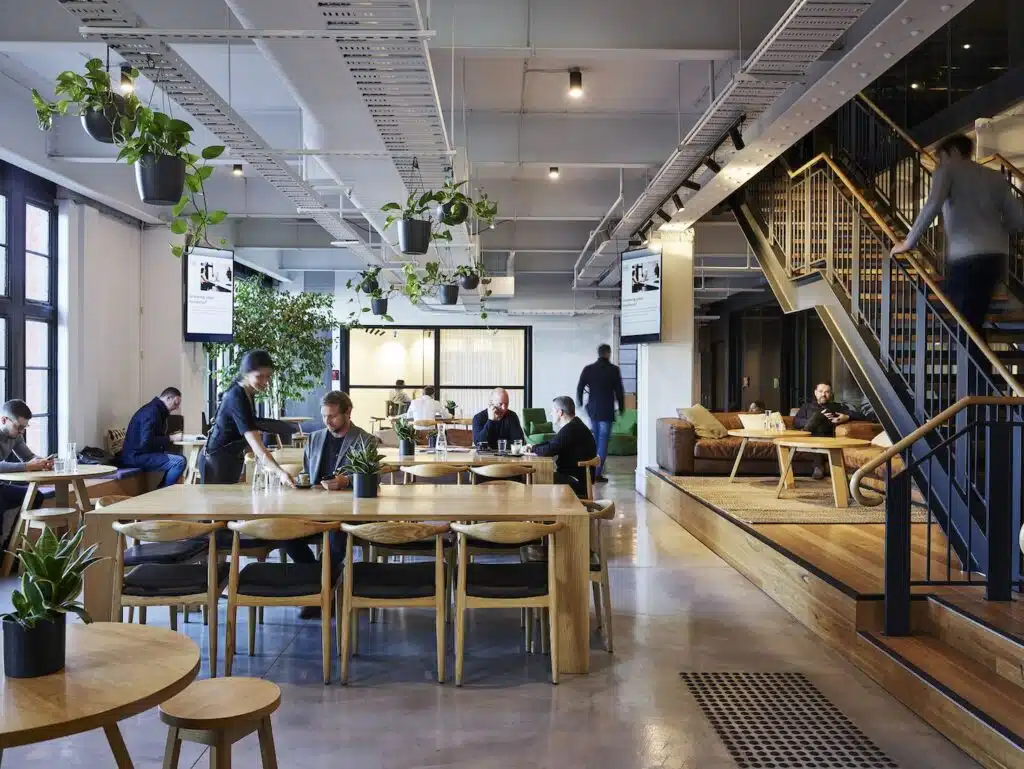Whether you’re taking the leap to transform a side hustle into a full-time business or wanting to use your skills to earn money on your own terms, becoming a professional freelancer can be amazing.
Freelancers get to have more control over their workload, time, and terms, but regardless of your specialty, the profession poses its own unique set of hurdles.
1. Set your hours
Not having to work 9 – 5, Monday – Friday is amazing – but you still need to put in the hours to get all your work done while also ensuring you’re doing enough outreach to line up your next clients.
Look at when you’re most productive and deliberately pick the hours you’re going to work – planning your week out ahead of time will allow you to use your time more effectively and work to deadlines, while still having flexibility.
2. Find a productive space
Although many freelancers invest in larger homes with space for an office, it’s ideal to have alternatives available.
Whether you need a central location to meet clients or collaborators, or just want a distraction-free escape from the house a few days a week, it can be worth investing in a coworking or flexible workspace membership.
These spaces, such as Hub Australia’s, are all-inclusive and provide access to discounts, benefits, in-house cafés, and a diverse community that can be a catalyst for new clients and partnerships.
3. Learn to switch off
Many freelancers end up living and breathing their work – a side effect of working on something you’re passionate about is that it may not feel like work all the time!
Setting boundaries with yourself and your clients is essential – make sure you communicate your availability and preferred methods of contact to clients from the outset to avoid conflict further down the line.
As well as ensuring you don’t burn out, this also allows you to focus on other things important to you, like hobbies, relationships, and even just the joy of a lazy Sunday.
4. Invest in your freelance business
As easy as it is to throw yourself into working on client projects, it’s important to invest time and energy into the business as a whole. Work to grow your skills and build a strong brand – your assets are tied to your success, and establishing your business on social media and the web can be essential to gaining future clients.
There are a number of great groups and resources available to help you invest wisely and learn from other’s successes and mistakes – our #1 suggestion is to join Freelance Jungle, a Patreon and Facebook group that provides assets, advice, and a community for freelancers around Australia.
5. Outsource for expertise
Just because you’re doing it on your own doesn’t mean that you have to do everything by yourself. Just as your clients choose you to help them achieve their goals with additional expertise, you can work with other freelancers to collaborate and produce a high-quality end product for your client.
Outsourcing can also be great for your own freelance business logistics and success. Look at using a virtual assistant to help organise your projects and inbox or hiring an intern to share your wisdom and learn by teaching.
6. Plan for growth
Just because you’re not ready to grow yet, doesn’t mean you shouldn’t have a plan ready. Working towards SMART (Specific, Measurable, Attainable, Relevant, and Timely) goals can provide your business with a framework for the future.
Having personal and professional goals that you revisit regularly is an amazing tool – you don’t need to work towards building the next freelance dynasty, but identifying what your ideal business success looks like is the first step towards reaching it.
7. Find your people
Freelancing can be a lonely experience if you don’t work to build or join a community – it can often be hard for others to empathise with the pressures of operating a business.
By putting yourself in close proximity to other freelancers and entrepreneurs, you can find professional and personal relationships organically.
Coworking spaces like Hub Australia have a range of events and opportunities for networking, socialising, and professional development, alongside a dedicated team who works to ensure members get the most out of their membership, including creating business connections.





